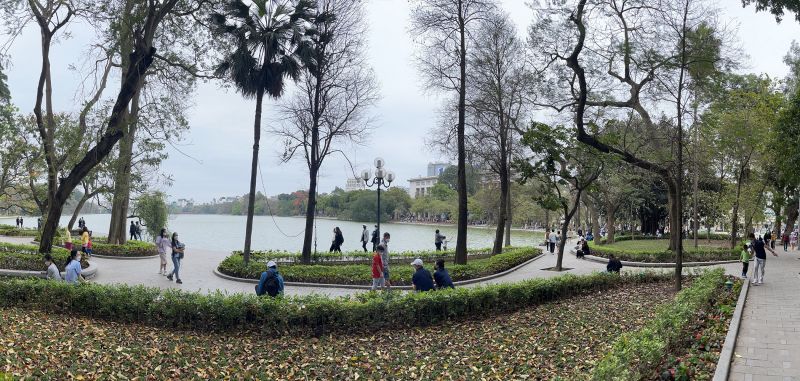Building a global system to measure sustainable cities

A new series launched today in The Lancet Global Health provides the building blocks for a global standard to measure the sustainability of cities worldwide and to assess policy to make cities healthier and more sustainable.
The University of Melbourne co-led series “Urban Design, Transport and Health” assesses city planning policies and the urban design and transport features of 25 cities across Australasia, Asia, Europe, USA, Central and South America, and Africa.
Research found while most cities aspired to become more sustainable, many lacked measurable policy targets to help reach those goals.
As part of the Global Healthy and Sustainable City-Indicators Collaboration, more than 80 researchers in 25 cities across 19 countries developed tools that can be used by any city anywhere to benchmark and monitor progress towards being healthy and sustainable.
The team used standardised methods to assess the policy settings and lived experience of city-dwellers, using indicators such as proximity to public transport and food, walkability, city density and policy settings.
Collaboration co-lead and lead author of the first paper in the series, University of Melbourne Dr Melanie Lowe, said the indicators could assist cities to strengthen city planning policies.
"They can also assist in addressing inequities in access to urban design and transport features that support health and sustainability,” Dr Lowe said.
“Global challenges such as climate change and COVID-19 highlight the urgent need for healthier and more sustainable cities. Our research shows what is required to make that urban transformation happen.”
The authors have called for a 1000-cities challenge to activate a global citizen science program to collect open data and create city planning indicators, to improve the knowledge base and inform decision-making, focusing on the most data-scarce areas. These could be used by global agencies to assess progress towards achieving the UN Sustainable Development Goals.
Collaboration co-lead, RMIT Distinguished Professor Billie Giles-Corti, said she believed the new indicators could provide policy direction for cities looking to recreate themselves after the COVID-19 pandemic.
“This is the future of the healthy and sustainable city: cities made up of villages and the creation of the 15-minute city, where people can live locally, walk and cycle and have access to amenities they need for daily living.”